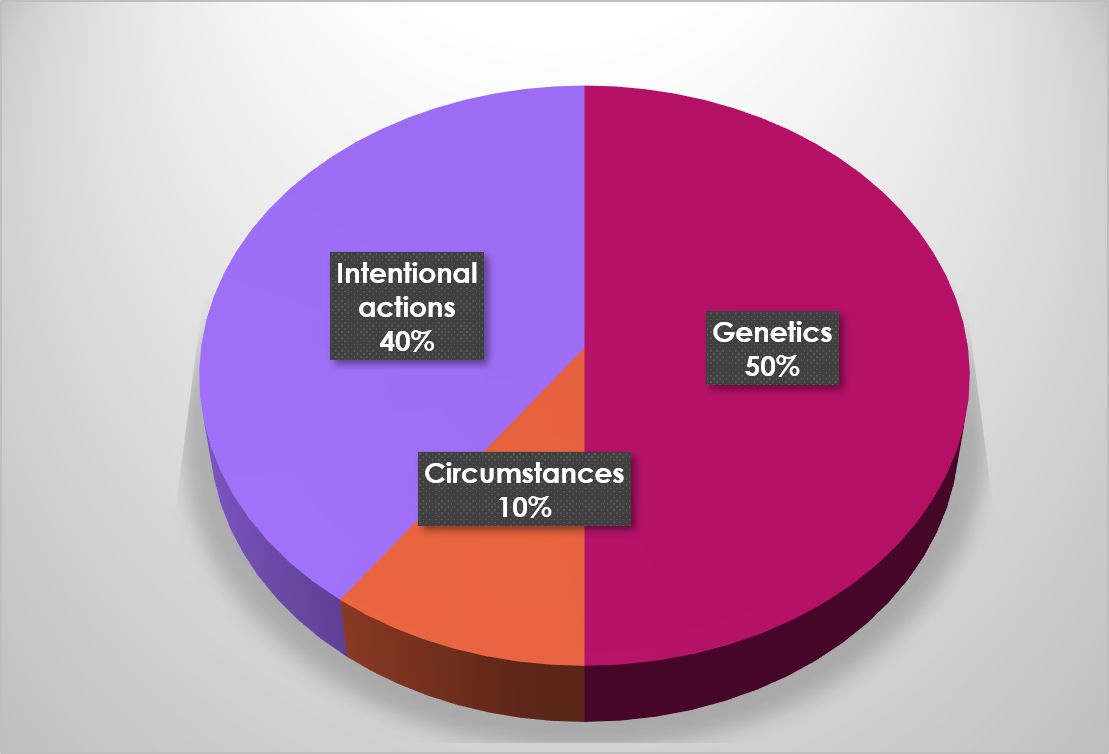Why Changing Jobs Won’t Make You Happier and What to Do about It?
You felt miserable, unhappy and disconnected in your job. Therefore, you decided you needed a change, a new job. You found a new job soon and believed that you would be satisfied and fulfilled. Your working days would be joyful and rewarding.
That initial spark of excitement from a new role can feel amazing. New tasks, fresh faces, a shiny new office… and life is good and nice again.
However, after a few months in the new job, you had to admit that your expectations were not fulfilled. As the novelty of the job started to fade, the same old dissatisfaction has been creeping back in, and you feel unhappy again.
Does this sound familiar?
If so, the problem might not be the job; it might be something deeper: your mindset, your beliefs, and your habits. Sometimes, changing jobs helps. Your job and workplace can definitely influence your well-being, especially if it's toxic, unaligned with your values, or doesn't offer professional growth and career opportunities, because you are stuck in a dead-end job.
Often it's not just the workplace. It's how you show up at work. It's not only about the content of your job and its tasks, but more about your attitude, social skills, goals, and how you relate your job to your larger life purpose. If your unhappiness comes from inside, no matter what job you'll find, after a while, you'll feel unhappy again.
Look back at your career! How many times did it happen that you left a job you hated and got into a new job that was fine for some time, but then you started experiencing negative feelings again? If you don't address your mindset and attitude issues, you'll keep moving from one unhappy job experience to another.
Let's look at the scientific background. According to the research carried out by psychologist Sonja Lyubomirsky and team, our level of happiness is determined by three main categories of factors:
- Genetics – about 50%
- Circumstances or environment – about 10%
- Intentional actions – the rest of about 40%.
These percentages are averages, so they can slightly vary from person to person.

Applying this result to happiness at work, when you change jobs, your happiness can increase by about 10% due to the new work environment, if you find the perfect job. But we know that a perfect job is an illusion. There will always be difficult people and challenging situations in any workplace. If you don't learn to handle these kinds of situations, your happiness will soon plummet.
When you work on your intentional actions, determined by internal factors, such as your mindset, attitude, skills, focus and purpose, you can increase your happiness by about 40%.
Address first the internal factors, then, if you still want to, jump into a new job. In this case, even your chances of getting a better job will increase because you don't go to job interviews needy and anxious to get the job. Emanating the energy of "I feel OK where I am, but it would be exciting and fun to have a new professional opportunity" increases your chances of getting the desired job.
- What's your attitude toward your job and workplace? Are you always looking for negative things, what's not working and then complaining and criticising? Unless you change this attitude, wherever you work, you'll always find things to criticise and complain about without doing anything to improve the situation you criticise.
- What are your beliefs about your job, the work environment, colleagues and boss? If you have negative beliefs, they influence your perception and determine you to behave and act in certain ways that lead to the confirmation of your negative beliefs.
- What do you believe about your abilities to carry out the tasks and achieve the required performance levels? If you don't believe yourself to be capable, you lack confidence and assertiveness, and will feel unhappy.
- Do your skills match the job requirements? If you lack some skills and cannot perform the tasks at an acceptable level, you'll be dissatisfied with your job, and in consequence, unhappy. Develop your skills so that they always at least match the job requirements.
- How are your relationships at work? How do you behave at work? How do you communicate with colleagues? What social skills can you improve?
- Can you find a relationship between your life purpose and vision, and your work? Your work doesn't need to be your life purpose, but it is important to see a clear connection between your work and the fulfilment of your purpose as well as the achievement of your vision. Your life purpose might not be directly related to your work, but it helps you to provide the necessary means to live on purpose.
- Find meaning in your work. What is its purpose? What is your contribution to the services or products of the company or organisation? Who will benefit directly and indirectly from your work? See your work as a part of a whole system that provides something valuable to people.

